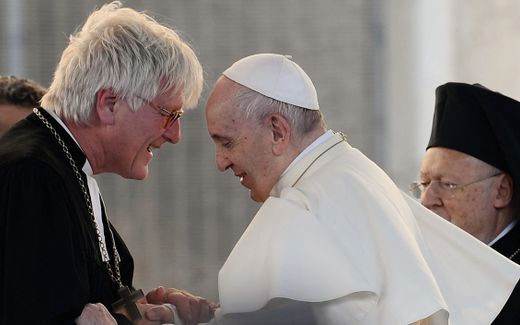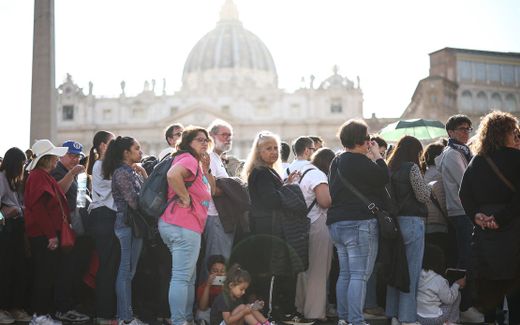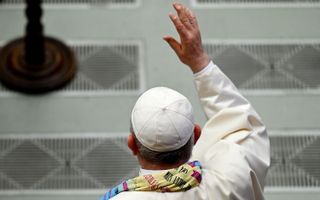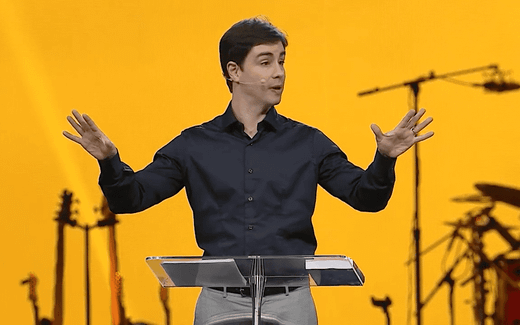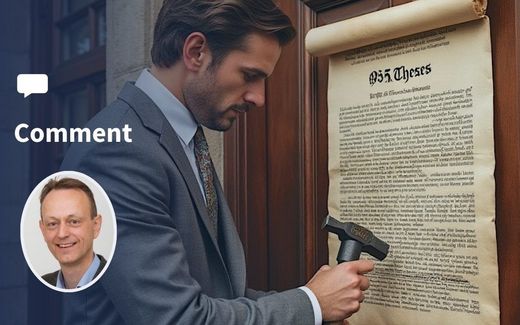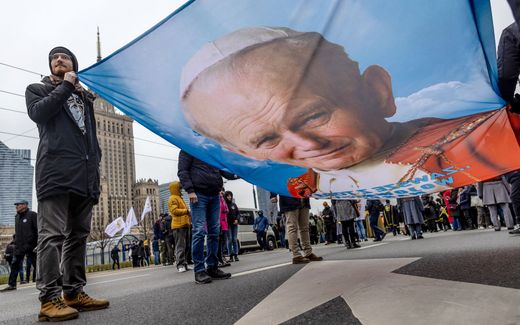Who will be the next Pope? Here are seven names
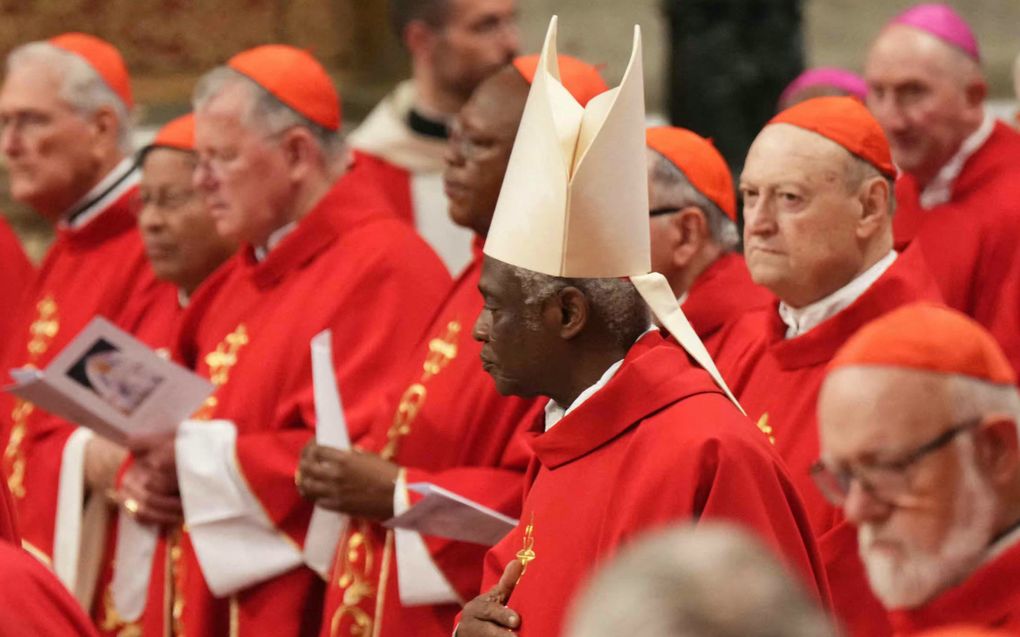
The conclave has to appoint a new bishop of Rome. Photo AFP, Dimitar Dilkoff
Christian Life
The king is dead; long live the king! That is how it sounds when a king dies. In the Vatican, it is going differently with the Pope.
Stay up to date with Christian news in Europe? Sign up for CNE's newsletter
Of course, the Pope has no authority outside the few square hectometres of the Vatican City-State. And yet, numerous heads of state at Pope Francis’ funeral testify to the influence the pontiff still wields in world politics today.
With the funeral now over, all eyes turn to the conclave that will begin on May 7, during which a new pope will be elected.
The secular world considers the Pope a spokesperson for all Christians, even though Protestants do not recognise his authority. It is, therefore, important to know the pontiff’s views, particularly regarding the social issues that are raging today.
Here are some of the views of seven of the most frequently cited candidates:

Fridolin Ambongo Besungu (DR Congo, 65): In November 2019, Ambongo Besungu was appointed cardinal. A mega-mass was held in Kinshasa’s main stadium. Despite the presence of the country’s top authorities, including President Félix Tshisekedi, during his homily, Ambongo Besungu did not hesitate to expose politicians’ corruption, earning him considerable opposition in the political world.
Ambongo Besungu has particularly dedicated his life to caring for the poor. Ethically, he is openly opposed to gender ideology and is a staunch defender of the traditional Christian family.
Although he cooperated with Protestant missions, he also spoke negatively about the so-called Eglises du Réveil (revival churches) in his country, even describing them as sects. However, it should be noted that many abuses are observed in these churches in the Congo.

Raymond Burke (United States, 76 years old): This expert in canon law was elevated to the rank of cardinal by Pope Benedict XVI in 2010 and served on what is the equivalent of the Vatican Supreme Court. In 2020, Raymond Burke did not hesitate to declare that, according to canon law, President Joe Biden should be excluded from receiving the Eucharist because of his support for abortion. Finally, Pope Francis allowed Biden to ignore Burke’s position.
The American cardinal was one of the most vocal critics of the Argentine Pope. This even prompted Pope Francis to seek to evict him from his flat in Rome. Burke also denounces gender ideology and opposes giving the Eucharist to the divorced or civilly remarried. He is also highly critical of Protestantism.
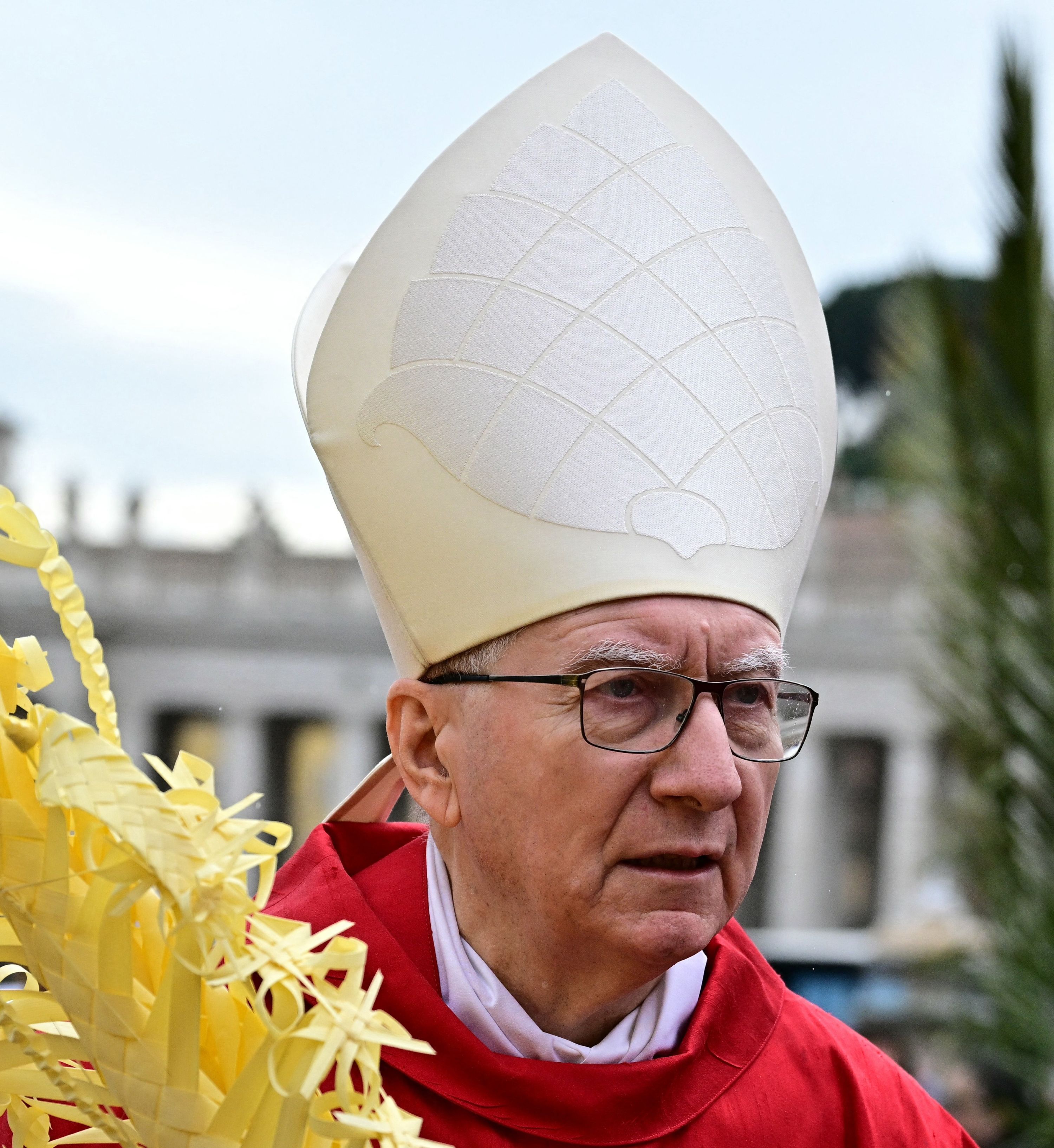
Pietro Parolin (Italy, 70): Pope Francis appointed him cardinal and Vatican Secretary of State in 2014, and he is widely considered the favourite to become Pope. Unlike most of his colleagues, he has never served as a church priest since his ordination in 1980, which could work against him. Parolin is best known for controversial agreements passed with China in recent years.
Regarding ethical issues, Parolin has been moderately open on the issue of blessing same-sex couples, saying that change can be achieved if it remains “faithful” to the tradition and heritage of the Church. Parolin accepts the idea that climate change is man-made and asserts that it must be combated globally.

Robert Sarah (Guinea, 79): Secular European media greatly fear the election of Robert Sarah. Following in the footsteps of Pope Benedict XVI, this Guinean cardinal is openly opposed to abortion and gender ideology.
Unlike many of his colleagues, Sarah has warned against the danger of making ecology the central focus of the Church’s commitment. Sarah is also particularly critical of the mass migration policies pursued in Europe and does not hesitate to speak out against Islam.
In recent years, he has been particularly committed to addressing all these issues, notably by co-authoring the book God or Nothing: A Conversation on Faith. Sarah is undoubtedly the most desired candidate among conservative Roman Catholics.

Luis Antonio Tagle (Philippines, 67): Tagle isn’t nicknamed “the Asian Francis” solely because of his extroverted personality. His ethical stance makes him a successor who would follow in the footsteps of the Argentine Pope.
Tagle is indeed open on issues of same-sex marriage. In 2019, he caused no small controversy when he participated in the Andean pagan Pachamama rite performed in the Vatican Gardens, thus demonstrating his support for the environmental agenda. He has also made several statements regarding the goodness of all religions. Tagle, however, is opposed to abortion.

Peter Turkson (Ghana, 76): Pope John Paul II consecrated Turkson as a cardinal priest. He has since worked in diplomacy. He served on the Ghanaian National Peace Council and later as president of the Pontifical Council for Justice and Peace.
Although well-liked by liberals, Turkson maintains that homosexuality is incompatible with the teachings of the Church. He has nonetheless remained silent on the Pope’s declaration Fiducia Supplicans approving the non-liturgical blessing of same-sex couples.
Turkson also condemns abortion and euthanasia and is best known for his contributions to the World Economic Forum, notably promoting the environmental agenda of Pope Francis’s encyclical Laudato Si’.

Matteo Maria Zuppi (Italy, 69): Originally from the Community of Sant’Egidio, an association focused on social service, Zuppi served primarily in his hometown of Rome before becoming archbishop of Bologna in 2015. His involvement with Sant’Egidio led him to work particularly for the poor and marginalised. In recent years, he has been noted for his support for refugees.
Zuppi is in favour of mass migration and does not see Islam as a threat. He also strongly supports blessing same-sex couples and agrees with Pope Francis’s environmental agenda. He also accepts giving the Eucharist to divorced or civilly remarried Roman Catholics.
Of the candidates presented above, Zuppi is arguably the most liberal of all.
Other names have also been mentioned, such as the Hungarian Péter Erdő, the Frenchman Jean-Marc Aveline, or the American Timothy Dolan. Will the future Pope be one of the names mentioned above or someone completely unexpected? We will know the answer as soon as possible, on May 7.
There are more candidates
This article presents seven ‘papabili’ candidates. However, the full number of candidates rises to 135. These men are part of the Council of Cardinals, and the condition for their eligibility is that they are not older than 80 on the day of the Pope’s death.
Unsurprisingly, Italy has the most members, with 17 cardinals. And if we look at the council’s population in terms of continents, Europe is still the most represented, with 53 members. Then follow Asia (23 members), North America (20), Africa (18), South America (17), and Oceania (4, including Australia). It is, therefore, possible that a completely unexpected name will appear dressed in white on the central balcony of St. Peter’s Basilica in Rome after the famous announcement of the protodeacon: “Habemus papam!” (“We have a pope!”).
Related Articles


